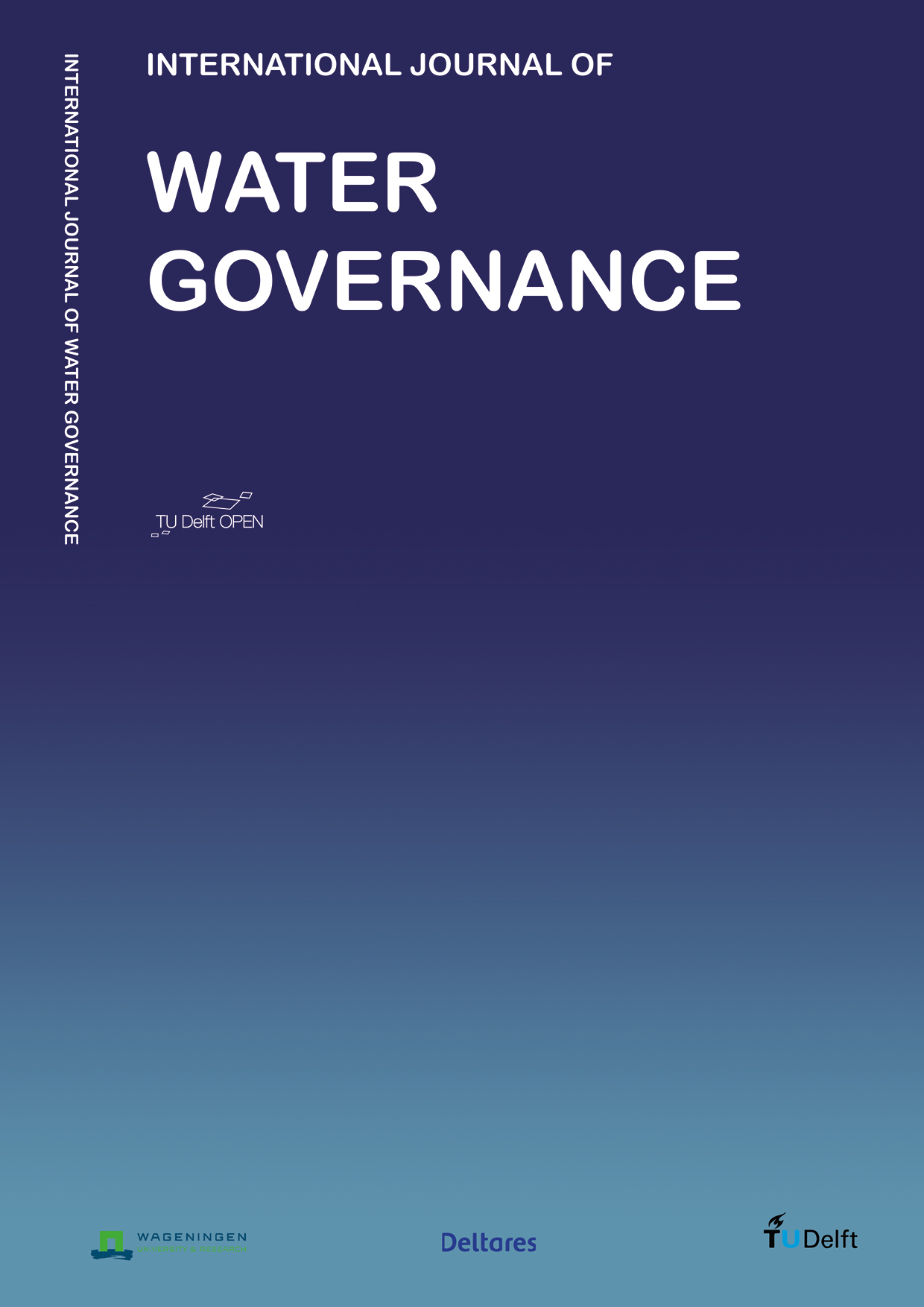Exploring productive Features of Infrastructure
Social Mobilisation during the Cape Town Water Crisis
DOI:
https://doi.org/10.25609/ijwg.8.2021.5780Keywords:
hydropolitics, infrastructure, urban metabolism, social mobilisation, Cape Town water crisisAbstract
This article explores social mobilisation in the context of the 2018 water crisis in Cape Town. Water infrastructure reveals political realities and disciplines, directs and shapes the lives and lifestyles of different populations. The announcement of Day Zero caused various reactions across Cape Town but made clear that the water infrastructure was quotidian and unremarkable whilst working uninterruptedly. The interference of the water infrastructure created an awareness of water and its use across Cape Town. Capetonians developed daily strategies to cope with the situation. These strategies interfered with their daily tasks, impacted personal relationships, and revealed narrations of struggle and privilege. During the water crisis, people became experts on water-related topics and many residents engaged extensively with water realities that affected their own lives and the lives of those around them. Water realities arose from daily challenges which Capetonians were experiencing and as a result, they felt the need to address the issue with vigour, including in the form of social mobilisation, civic activism, and public participation processes.
Downloads
Downloads
Published
How to Cite
Issue
Section
License
Copyright (c) 2021 Janina Herzog-Hawelka

This work is licensed under a Creative Commons Attribution 4.0 International License.


